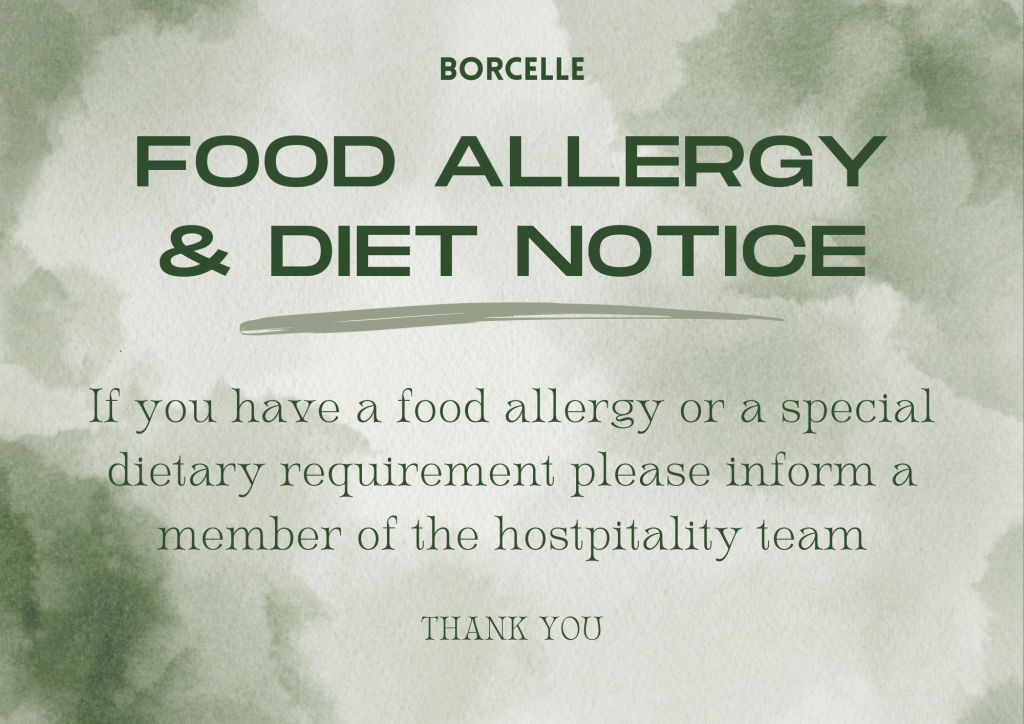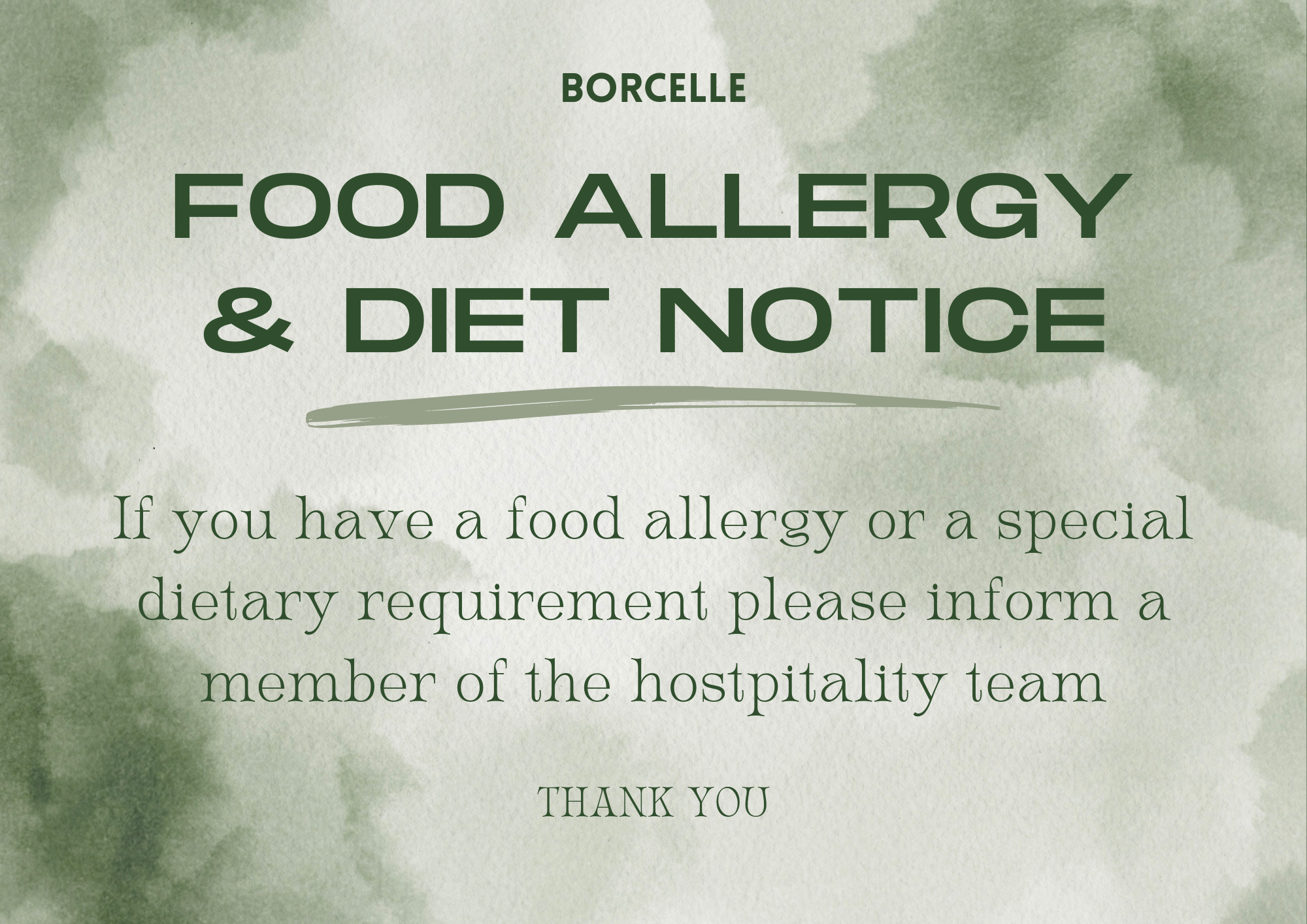Allergies have become a classic modern ailment due to a considerable increase in their occurrence in recent decades. Allergies have always existed, but a closer look is necessary given their increasing incidence and severity. This issue is greatly influenced by modern lives, which are marked by elevated stress levels, processed diets, and increased pollution.
According to one idea, the hygiene hypothesis—which postulates that early childhood exposure to less germs and other pathogens results in an overactive immune system—may contribute to the increased incidence of allergies. Children are less exposed to a variety of germs in today’s sterilised surroundings, which could lead to an overreaction by the immune system to innocuous things.
Furthermore, the microbial equilibrium in our bodies and the environment has changed as a result of the widespread use of antibiotics in both agriculture and medicine. This disturbance could have an effect on immune system development and regulation, making people more susceptible to allergic reactions.
Modern allergies call for a diversified strategy. First, reducing the chance of developing allergies during infancy can be achieved by prevention through early exposure to a variety of settings and bacteria. Furthermore, limiting exposure to environmental contaminants and encouraging a balanced diet high in whole foods may help to reduce allergic reactions.
New developments in allergy treatment provide hope for individuals who are already affected. Immunotherapy works by desensitizing the immune system to particular allergens. It might take the form of allergy shots or sublingual pills. Biologic treatments, including monoclonal antibodies, alleviate severe allergic disorders like eczema and asthma by targeting the immune system’s inflammatory response.
In summary, the current allergy epidemic highlights the intricate interactions between hereditary, environmental, and lifestyle factors. It is imperative to comprehend these processes in order to devise efficacious techniques for prevention and treatment aimed at mitigating the prevalence of allergy disorders in modern society.




